EU: Situation stable
The EU defense ministers stated yesterday that the situation in Serbia and northern Kosovo is "peaceful".
Friday, 22.02.2008.
11:30

The EU defense ministers stated yesterday that the situation in Serbia and northern Kosovo is "peaceful". Even though the European Union’s mission has yet to be sent to Kosovo, it was once of the main topics of discussion at yesterday’s meeting. EU: Situation stable German Defense Minister Franz Josef Jung, who visited Kosovo before the meeting, praised the Kosovo government, “which is leading the process in a very thought-out and smart way.” Jung also commended the statements of the majority of Serbia’s politicians, especially President Boris Tadic, who maintains that Serbia does not want violence. Regarding the situation in Kosovo, Jung said that he hopes everything will move along peacefully and in stability, but added that the security forces in Kosovo should "significantly increase, enabling the province to take care of its security questions". As far as the future plans of the EU in Kosovo are concerned, Jung said that Ahtisaari’s plan proposes that 120 days be used to transfer all assignments from UNMIK to EULEX and six months for the departure of KFOR troops, however, there is speculation that "more time will be needed". At a press conference following the first part of the meeting, EU foreign and security policy chief Javier Solana said that the situation in Serbia and northern Kosovo is “under control and peaceful.” His comment came before yesterday's rioting in Belgrade. “I think it is more peaceful than in the last several days and we will move in that direction. I think it will get even more peaceful with time. Demonstrations have been announced in Belgrade, but they are the kind of protests that we support. In northern Kosovo it is peaceful, there was a little tension but it is not something that cannot be controlled,” Solana said. Solana said that the “main challenge is the situation north of the Ibar,” and how to get the EU mission there and operating, stating that UNMIK and KFOR must secure the administrative line between Serbia and Kosovo, “which has now become a state border.” Solana said that the biggest challenge is for the EU to stay united on the Kosovo issue. Asked how the Kosovo independence declaration could affect Bosnia-Herzegovina, Solana said that there were protests held, but nothing occurred that would have an effect on the stability of Bosnia-Herzegovina.
EU: Situation stable
German Defense Minister Franz Josef Jung, who visited Kosovo before the meeting, praised the Kosovo government, “which is leading the process in a very thought-out and smart way.”Jung also commended the statements of the majority of Serbia’s politicians, especially President Boris Tadić, who maintains that Serbia does not want violence.
Regarding the situation in Kosovo, Jung said that he hopes everything will move along peacefully and in stability, but added that the security forces in Kosovo should "significantly increase, enabling the province to take care of its security questions".
As far as the future plans of the EU in Kosovo are concerned, Jung said that Ahtisaari’s plan proposes that 120 days be used to transfer all assignments from UNMIK to EULEX and six months for the departure of KFOR troops, however, there is speculation that "more time will be needed".
At a press conference following the first part of the meeting, EU foreign and security policy chief Javier Solana said that the situation in Serbia and northern Kosovo is “under control and peaceful.” His comment came before yesterday's rioting in Belgrade.
“I think it is more peaceful than in the last several days and we will move in that direction. I think it will get even more peaceful with time. Demonstrations have been announced in Belgrade, but they are the kind of protests that we support. In northern Kosovo it is peaceful, there was a little tension but it is not something that cannot be controlled,” Solana said.
Solana said that the “main challenge is the situation north of the Ibar,” and how to get the EU mission there and operating, stating that UNMIK and KFOR must secure the administrative line between Serbia and Kosovo, “which has now become a state border.”
Solana said that the biggest challenge is for the EU to stay united on the Kosovo issue.
Asked how the Kosovo independence declaration could affect Bosnia-Herzegovina, Solana said that there were protests held, but nothing occurred that would have an effect on the stability of Bosnia-Herzegovina.










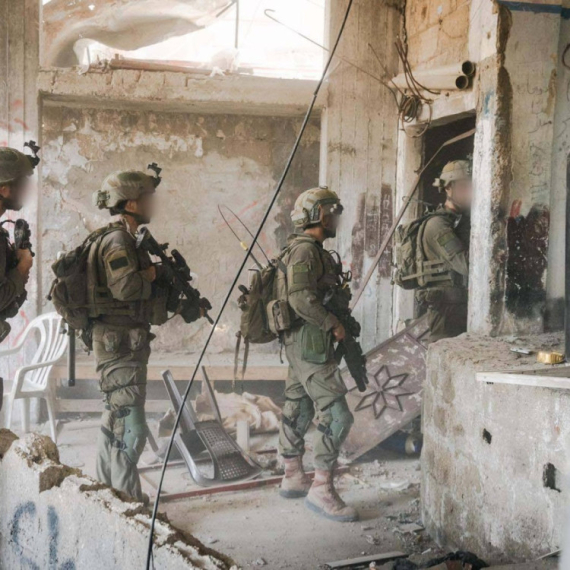

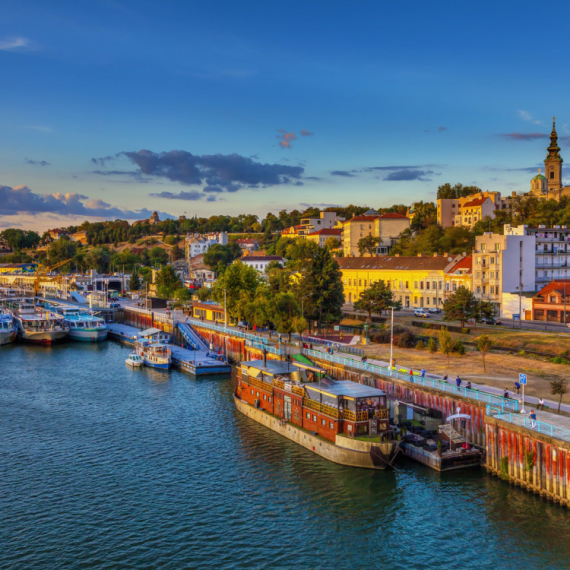
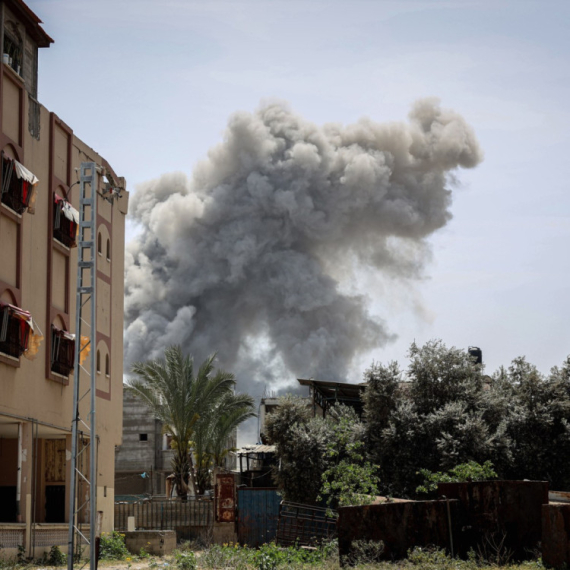
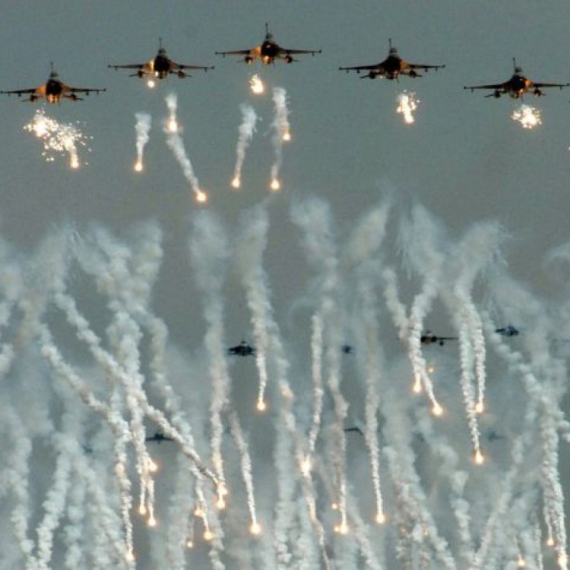
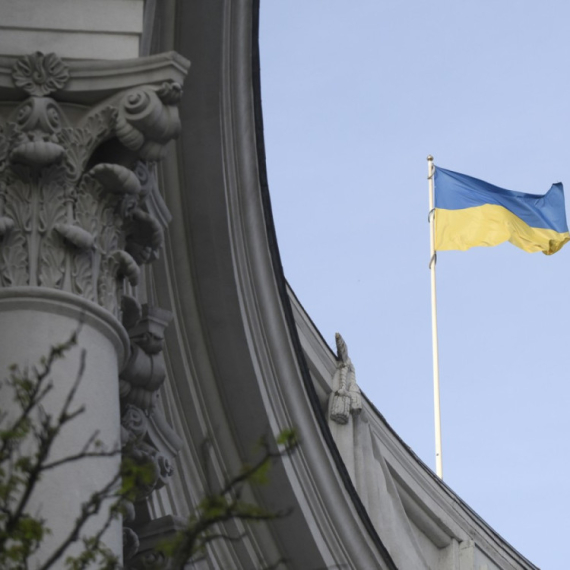
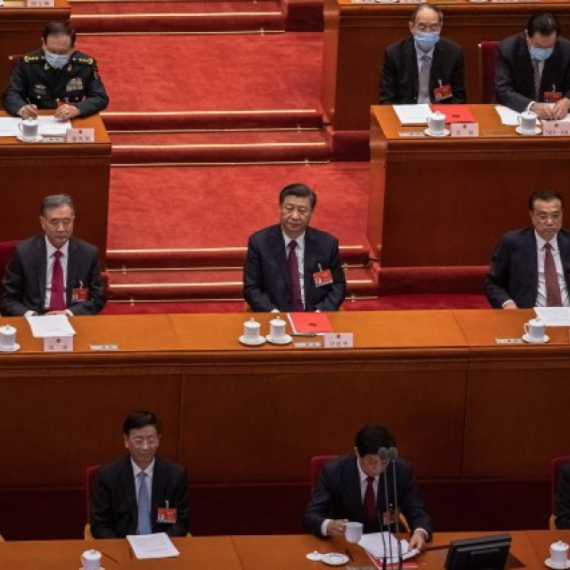

























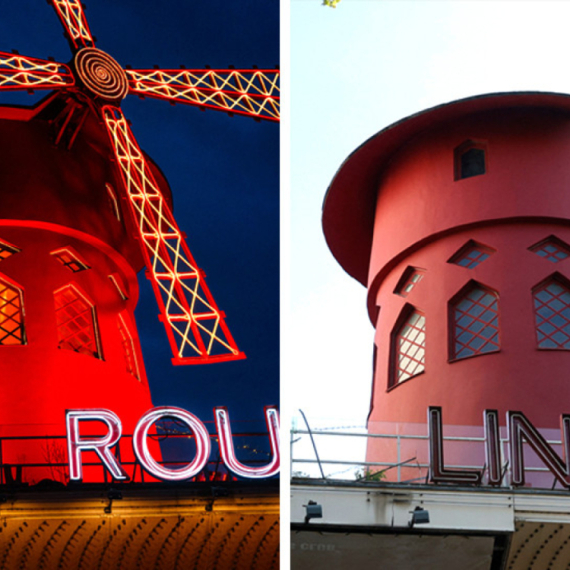





Komentari 3
Pogledaj komentare